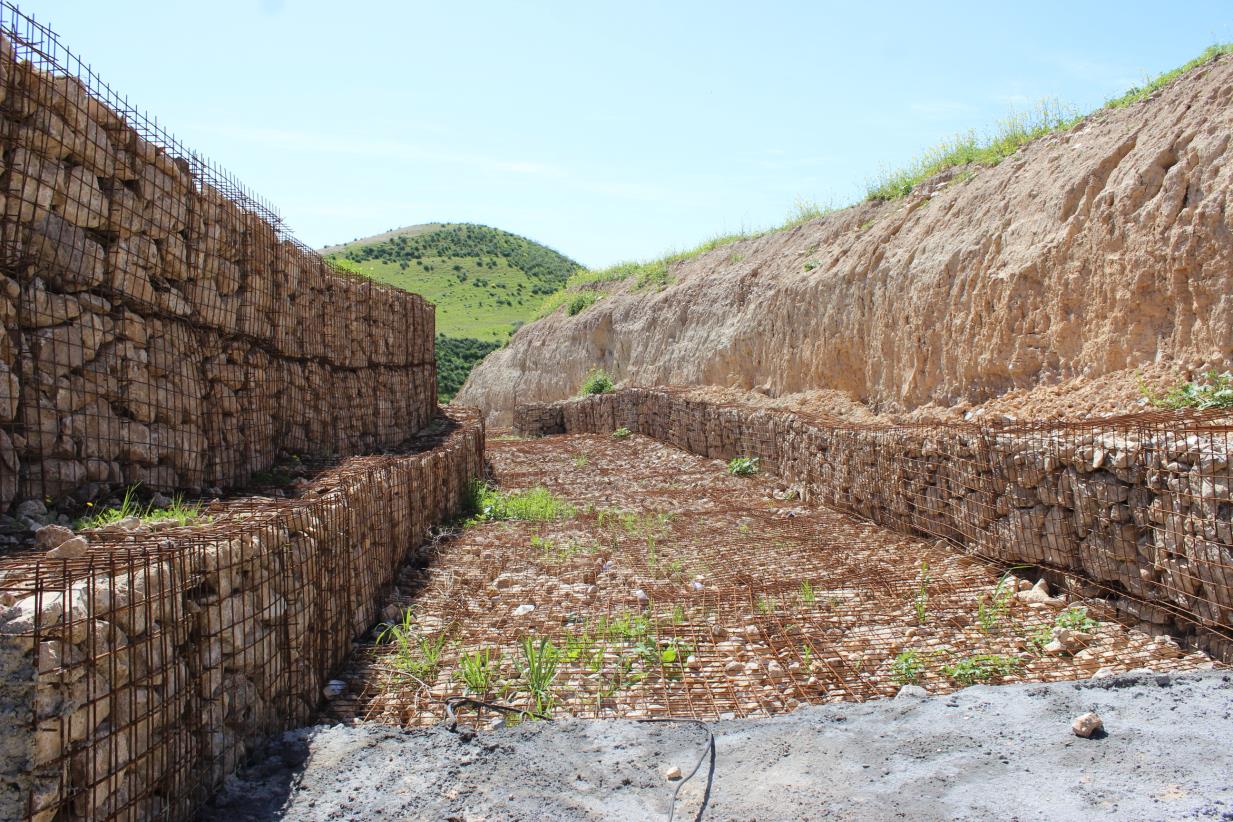FAO implements an advanced water accounting training to water experts in Jordan

June 2021, Jordan – The Food and Agriculture Organization of the United Nations (FAO) in collaboration with the International Water Management Institute (IWMI) and IHE-Delft Institute for Water Education, implemented a two-day on-ground training in Jordan for six members from the Ministry of Water and Irrigation (MWI) under the title of advanced water accounting. The overall objective of the training was to support MWI activities in the areas of water management and planning by building the capacity of its staff in the area, using the open source data of FAO WaPOR needed for water accounting.
Six participants from the MWI staff attended the training which took place at the MWI premises. The participants have previous knowledge in water accounting were trained on the use of remote sensing data – Evapotranspiration (ET) and land cover, and QGIS for water accounting analysis. The training focused on the north Jordan Valley (NJV) using the same geographic extents used in the second cycle of water accounting. The FAO-led training included theoretical and practical sessions where the lectures and demonstrations were focused on the use of FAO WaPOR data and QGIS in water accounting for the NJV study area.
A training manual and data sets for the NJV were prepared and shared with trainees so that they could build their skills in the use of GIS using the open source software of QGIS. The first session included an explanation on the structure of training materials and the exercises presented in the manual. The second session presented the theory and methods for ET mapping and the development of WaPOR, the data available and their use in water accounting. The third session included downloading and processing WaPOR data for a point or location: AETI, and precipitation. The data for a farm of citrus was processed to compare the amounts of AETI in comparison to amounts of water delivered to farm. Water use efficiency was calculated from the data. Finally, the fourth and fifth sessions included processing of WaPOR data (AETI, precipitation, and land cover map) to be used in water accounting. Data for 2018 was downloaded and a water budget analysis was carried out in terms of inflows and outflows.
This activity is implemented under the regional project “Implementing the 2030 Agenda for water efficiency/productivity and water sustainability in NENA countries” directly under the Regional Water Scarcity Initiative. This project is funded by the Swedish International Development Cooperation Agency.
